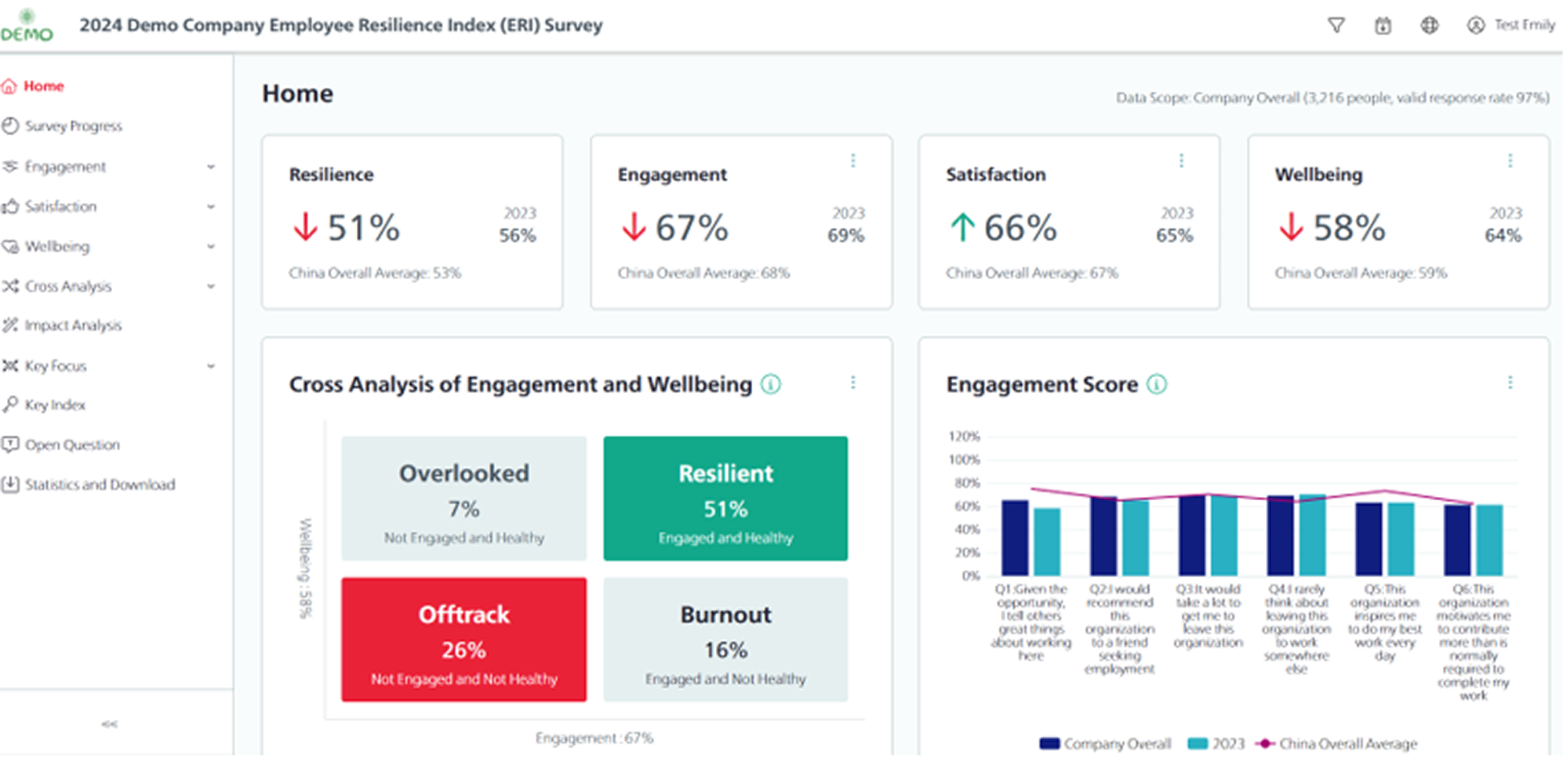

Aon Enterprise Solutions (Shanghai) Co., Ltd., part of the global professional services firm Aon, is based in Shanghai, China, and operates with a team of over 200 employees. The company provides enterprise-level consulting and software solutions and has been using the ABP Framework for more than two years. What began as a simple trial has now turned into an essential part of their software development strategy—renewed annually, now going into its sixth year of use.

Before adopting ABP.IO, Aon faced significant obstacles in managing modular development and dependencies. When working with many projects and modules, it became difficult to keep everything within a single solution. Developers had to set up local sources to store and reference shared modules, and updating version numbers across multiple projects was cumbersome and error-prone. These challenges not only slowed down development but also increased the risk of inconsistencies, technical debt, and delays during scaling efforts.

ABP.IO provided a mature and structured modular development model that addressed these issues directly. With the tools and mechanisms ABP offers, the team could more easily manage and maintain dependencies between modules. Version updates became simpler, and modular components could be reused with confidence. The framework’s support for microservice architecture, modular front-end development and rich UI tooling provided a cleaner and more scalable foundation.
In addition to solving architectural and modularity concerns, ABP also enhanced development efficiency. Its built-in features—like multi-tenancy, permission management, and audit logging—allowed developers to skip repetitive infrastructure coding and focus directly on building business logic. This shift dramatically reduced development overhead and improved maintainability across the board.

ABP Framework brought measurable improvements to both performance and productivity at Aon. In terms of system performance, the team saw query times for large datasets drop from 2.5 seconds to just 50 milliseconds by switching to primary key-based pagination—transforming their approach to big data handling. Development teams were also able to write and deliver code more efficiently. For example, when building a tax collection data-sharing platform for union funds, the use of ABP helped shorten the entire development cycle significantly.
More broadly, developer productivity increased by over 70%. ABP’s code generation tools allowed the team to automatically create consistent, reliable code for CRUD operations, API interfaces, and other recurring patterns. This not only sped up development, but also improved code quality, reduced human error, and avoided common issues like data loss or type mismatches.
Aon describes the ABP Framework as a powerful, well-designed platform ideal for building complex enterprise-level applications. With flexible extension mechanisms, rich built-in modules, and a clean architectural model, the framework has helped them reduce costs, boost efficiency, and scale their solutions effectively. It has proven to be beneficial for both novice and experienced developers.
